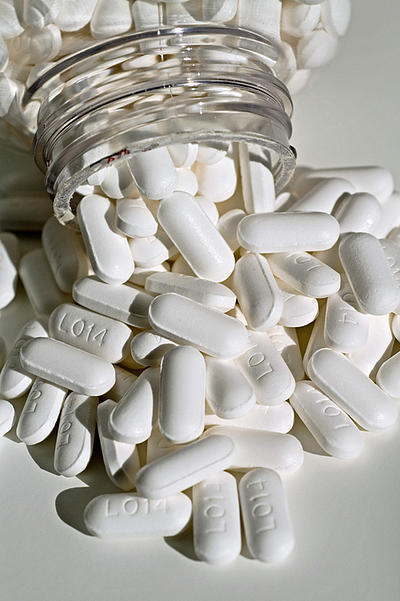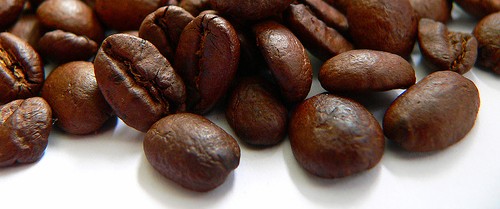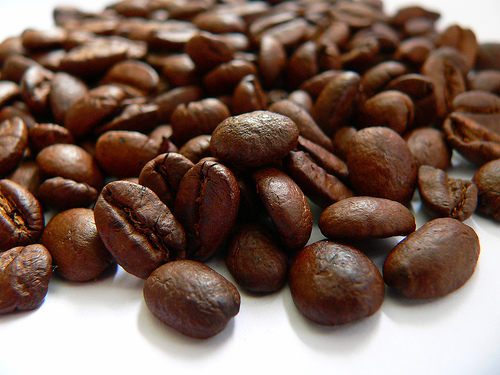Caffeine Overuse

Cas No. [58-08-2]
In large amounts, and especially over extended periods of time, caffeine
can lead to a condition known as caffeinism. Caffeinism usually combines
caffeine dependen cy
with a wide range of unpleasant physical and mental conditions including
nervousness, irritability, anxiety, tremulousness, muscle twitching (hyperreflexia),
insomnia, headaches, respiratory alkalosis, and heart
palpitations.[85][86] Furthermore, because caffeine increases the
production of stomach acid, high usage over time can lead to peptic
ulcers, erosive esophagitis, and gastroesophageal reflux disease. cy
with a wide range of unpleasant physical and mental conditions including
nervousness, irritability, anxiety, tremulousness, muscle twitching (hyperreflexia),
insomnia, headaches, respiratory alkalosis, and heart
palpitations.[85][86] Furthermore, because caffeine increases the
production of stomach acid, high usage over time can lead to peptic
ulcers, erosive esophagitis, and gastroesophageal reflux disease.
There are four caffeine-induced psychiatric disorders recognized by the
Diagnostic and Statistical Manual of Mental Disorders, Fourth Edition:
caffeine intoxication, caffeine-induced anxiety disorder,
caffeine-induced sleep disorder, and caffeine-related disorder not
otherwise specified (NOS).

>>
New Product
Introduced :
Oseltamivir Phosphate,
Phenyl Propanolamine,
Phenylephrine,
Etafedrine

|

 We
all know that one of the most powerful chemical compounds found in both
coffee and tea is caffeine. Has caffeine become an important part of
your daily life? Did you know We
all know that one of the most powerful chemical compounds found in both
coffee and tea is caffeine. Has caffeine become an important part of
your daily life? Did you know
Article : What Is Caffeine?
 Caffeine is a drug that is naturally produced in the leaves and seeds of
many plants. It's also produced artificially and added to certain foods.
Caffeine is defined as a drug because it stimulates the central nervous
system, causing increased alertness. Caffeine gives most people a
temporary energy boost and elevates mood.
Caffeine is a drug that is naturally produced in the leaves and seeds of
many plants. It's also produced artificially and added to certain foods.
Caffeine is defined as a drug because it stimulates the central nervous
system, causing increased alertness. Caffeine gives most people a
temporary energy boost and elevates mood.
Caffeine is in tea, coffee, chocolate, many soft drinks, and pain
relievers and other over-the-counter medications. In its natural form,
caffeine tastes very bitter. But most caffeinated drinks have gone
through enough processing to camouflage the bitter taste.
Teens usually get most of their caffeine from soft drinks and energy
drinks. (In addition to caffeine, these also can have added sugar and
artificial flavors.) Caffeine is not stored in the body, but you may
feel its effects for up to 6 hours.
![Caffeine Cas No. [58-08-2]](caffeine/CAFFEINE%20LOGO%20SMALL.bmp)
|


